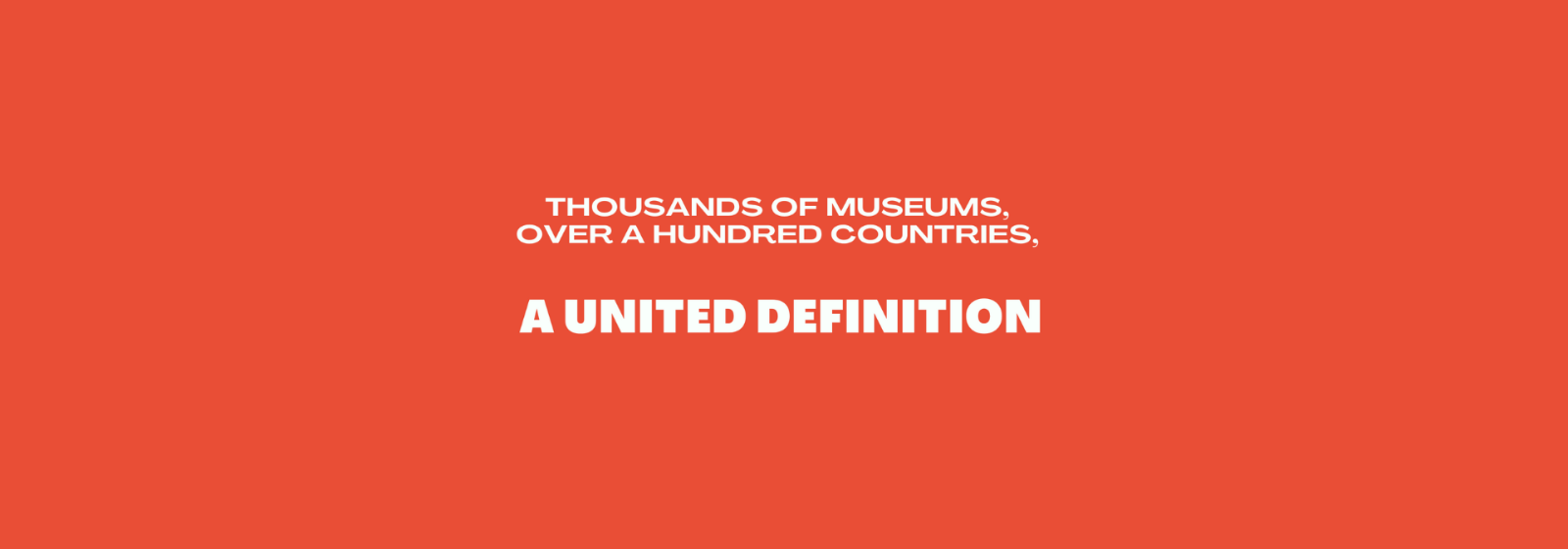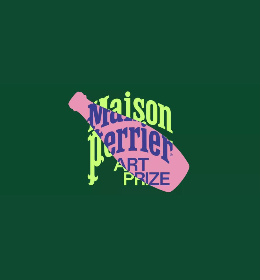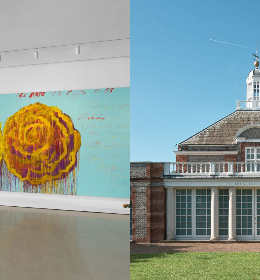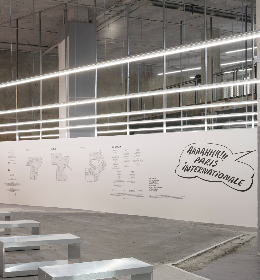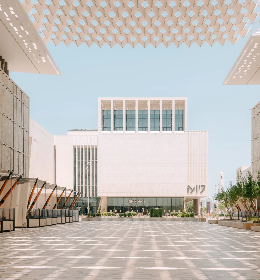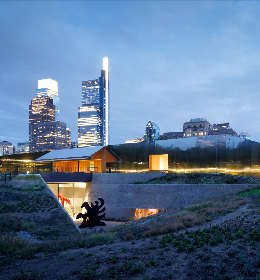ICOM, after consulting with hundreds of museum professionals and 126 national committees, recognised that changes had to be made to reflect the importance of inclusivity, sustainability and community participation that a museum must embody, going beyond just a building housing works of art.
As such the new definition is as follows: “A museum is a not-for-profit, permanent institution in the service of society that researches, collects, conserves, interprets and exhibits tangible and intangible heritage. Open to the public, accessible and inclusive, museums foster diversity and sustainability. They operate and communicate ethically, professionally and with the participation of communities, offering varied experiences for education, enjoyment, reflection and knowledge sharing.”
Exactly how this change in nomenclature will affect how museums are run is yet to be seen, but it clearly reflects the role that museums play in their respective communities with ethics and knowledge exchange now being mentioned as key parts of a museum's activity.
See the full report here.




